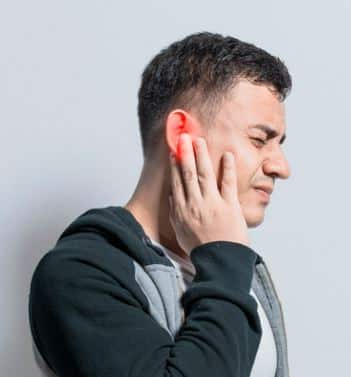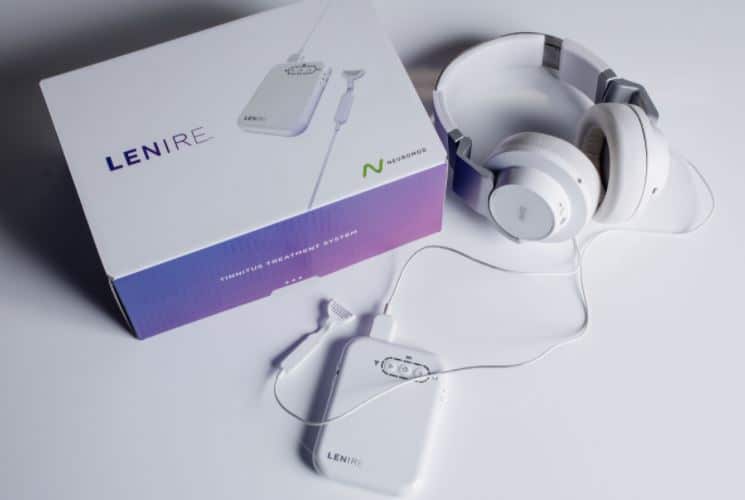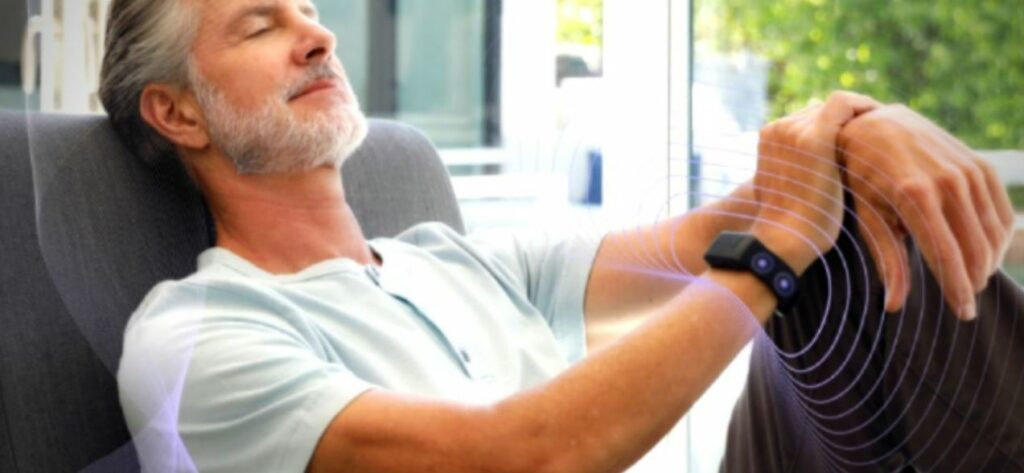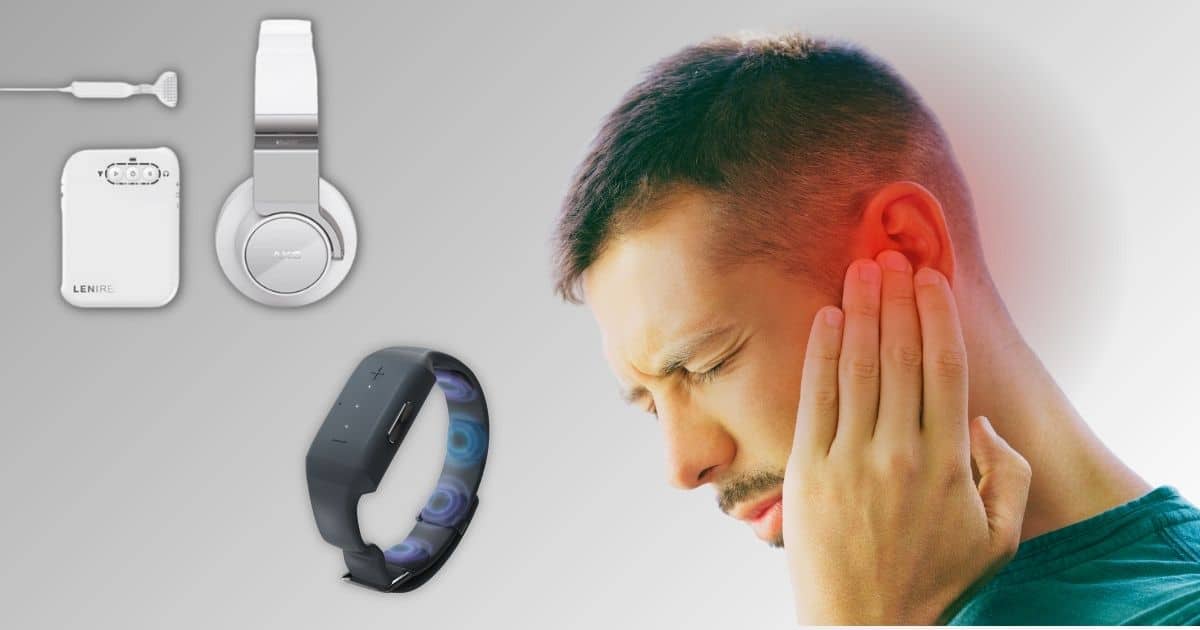Millions of individuals plagued by tinnitus, a condition causing persistent ringing or other sounds in the ears, may find relief through an innovative treatment that aims to retrain the brain. The Washington Post’s recent article by Amanda Morris and Aaron Steckelberg sheds light on the promising developments in tinnitus treatment, with a focus on bimodal neuromodulation techniques.
Tinnitus, affecting approximately 10 percent of U.S. adults, has long lacked a definitive cure. However, recent advancements in technology have given rise to devices that employ bimodal neuromodulation, offering hope to both consumers and audiologists alike.
Notable devices include Lenire and Neosensory Duo, both available in the United States, with a third under development by researchers at the University of Michigan.
New Approach to Tinnitus

Some have called the new approach transformative for millions of patients suffering from tinnitus. Despite this positive outlook, caution is advised due to the limited scale of studies supporting these devices. The call for independent, long-term research remains crucial to thoroughly validate the effectiveness of these treatments over time.
The article highlights the complexity of tinnitus, which remains poorly understood by audiologists. The condition varies from temporary to severe and chronic, with patients describing sounds ranging from ringing to buzzing or static. Susan Shore, a researcher at the University of Michigan, delves into the intricacies of the auditory system, focusing on the dorsal cochlear nucleus, where somatosensory nerves interact with the auditory nerve.
Shore’s research led to the development of a bimodal neuromodulation treatment involving earbuds playing sounds similar to tinnitus, accompanied by nearly imperceptible shocks to the neck or jaw. In trials, the treatment reduced the activity of cells thought to cause tinnitus, offering relief to many participants.
Auricle, a private company, is currently seeking FDA approval for Shore’s device designed to address somatic tinnitus. The company has not disclosed a specific timeline or name for the device yet. Auricle intends to market the device through audiologists, allowing them to customize the sound to match each patient’s tinnitus and assist in identifying the optimal placement for the electrodes.
Lenire
Developed by Neuromod Devices, the Dublin-based company, Lenire stimulates the tongue with a unique device. By delivering low amounts of electricity to the tongue, Lenire aims to enhance neuroplasticity—the brain’s ability to change.
This approach, different from other devices targeting the neck or jaw, is designed to activate parts of the brain associated with attention. The goal of Lenire is to offer relief to individuals suffering from tinnitus by retraining the brain’s response to various sounds, ultimately minimizing the perception of tinnitus.

Neosensory Duo
Neuroscientist and Stanford University professor, Dr. David Eagleman, believes that bimodal neuromodulation works by helping the brain discern what sounds are genuine. In 2020, while developing a vibrating wristband for hearing loss treatment, Eagleman encountered Susan Shore’s research. Curious about the potential of wrist stimulation, distinct from Shore’s neck and jaw approach, Eagleman tested its efficacy in alleviating tinnitus symptoms.
The device, known as the Neosensory Duo, utilizes an app that plays tones at different pitches, targeting the somatosensory system through the vibrating wristband.
A study involving 45 participants revealed that those exposed to audio combined with wrist vibrations experienced a significant clinical reduction in tinnitus severity scores, unlike those who only heard audio tones.

Eagleman suggests that bimodal neuromodulation helps the brain distinguish real (external) sounds, ultimately reducing the perception of tinnitus.
“Every time you hear an external sound, you get verification. As a result, it teaches the brain, ‘Hey, this other sound is fake,’ leading to a reduction in tinnitus.”
–David Eagleman, PhD
Encouraging Results Offer Hope
The article focuses on the personal experiences of individuals who have undergone bimodal neuromodulation for tinnitus, underscoring the transformative impact these approaches have had on their lives. As awareness of these treatments increases among consumers and hearing professionals worldwide, the stories shared highlight their potential for positive change.
As the popularity of these approaches continues to rise, experts stress the importance of individuals with tinnitus to have a comprehensive evaluation and consultation with a hearing professional. Depending on candidacy, an audiologist may recommend a device like Lenire or Duo as a part of an comprehensive tinnitus treatment strategy.
For more information:
Original article:
- Morris, Amanda, and Steckelberg, Aaron. “Scientists may have the key to treating tinnitus: Retrain the brain.” Washington Post, January 19, 2024.






